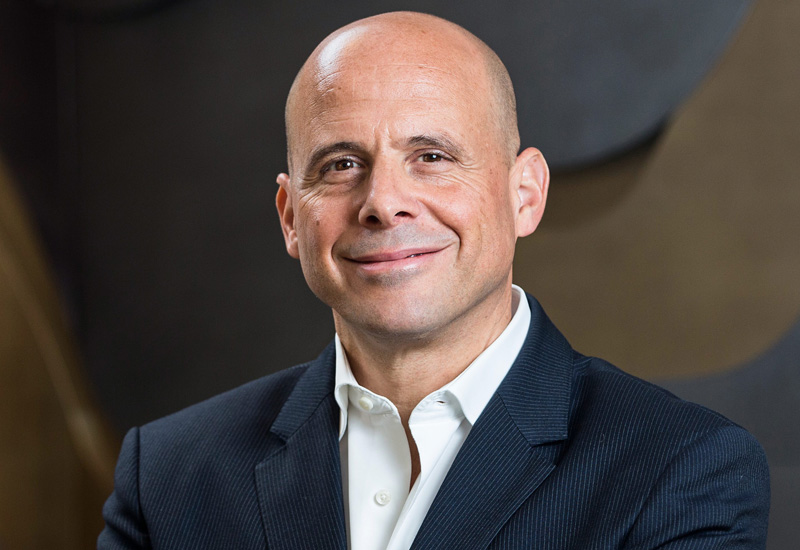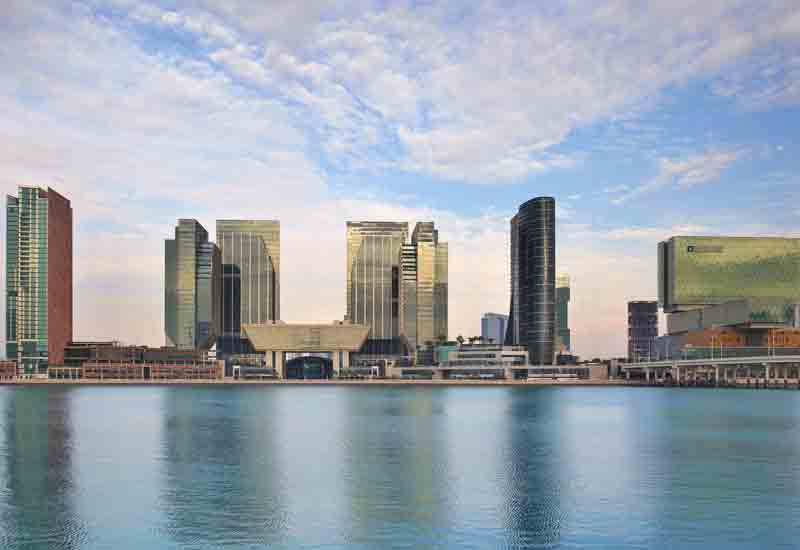In the MENA region, Four Seasons’ presence spans nine countries. And UAE will soon have three operating properties just behind Egypt with four. Clerc remains confident about the group’s aggressive presence in the region despite falling ADR, RevPAR and occupancy levels.
He says: “Anybody who is in the business knows that there are cycles. We are very aware of the fact that the hotel business and demand will go through cycles. You know — 2001, 2008. But 2015 was a great year for us, 2014 was good as well. In fact, since 2009 we have had an amazing ride, and because we are a global company we have a perspective that different regions go through different times. We also have the historical perspective.”
Clerc explains the company reacts to market fluctuations in a sensible manner. “During downturns, we do not cut on our service to the guest. We don’t reduce the service levels because that would be short -sighted. We will adjust cost structures but in areas that do not have direct impact on guest service and experience. Our commitment during a downturn is as strong as it is during the good times.”
Dropping room rates is not in Four Seasons’ style either. “We don’t believe in dropping rates to attract business because inevitably… there is a cost associated with the level and quality of services we provide. So, if you drop prices during downturn, in the luxury segment the connection between dropping price and increasing business, in our view, doesn’t exist. Unless you compromise on quality, because your customer remembers that.”
Clerc states that staying at a Four Seasons has insurance-like benefits. “In today’s world when you are travelling — we are so busy, travelling is stressful, airports and security issues. You stay at Four Seasons because it’s almost like buying insurance. You stay, not only because everything is going to go as planned, but because something might happen to your business or your family vacation that might not go by the book. And you know that in Four Seasons you will have a partner who will take care of you, and that is very powerful.”
Four Seasons strategy is defined as “in for the long run” by Clerc, coupled with a focused owner-operator relationship. “We have always had a long term partnership approach [with the owners], based on shared values and vision. Hence as part of the process we go through to select new locations, and the partnerships we have with the owners is [most certainly] based on a common vision around quality, brand and values. Once you have that everything else aligns.”
He is not keen on sharing the ROI that investors enjoy simply because of the different markets he looks over. “It is unlike any other real estate investment. The parameters are very similar, however, the only difference you will look at, in this case, bringing a brand value to your real estate asset. I can’t comment on the specific numbers for any property. But, what you should know is that as an investor you would not make the investment if you would not meet these IRR, or ROIs are not in keeping with your investment expectations. This is not about an ego, this is about a business plan.”
He adds: “We have had incredible relations with all our owners.” Case in point — both Dubai hotels are owned by the same developer. “Which is the case for many of our properties in the world,” Clerc adds.
From an owner’s point of view, Clerc indicates it is almost aspirational to be associated with the brand, and a lot of it is down to the level of service the brand has built its reputation on.
He asserts that the experience will not be interpreted to create another brand. “We are not going to do a Three Seasons, or try to do something that is a little more mid-market. Not because there is anything wrong with that just because it’s not who we are. What is most important to us is our integrity of the brand. I don’t know about the future, but it’s definitely not something we are considering now,” he confirms.
Article continues on next page...

| Advertisement |










 Search our database of more than 2,700 industry companies
Search our database of more than 2,700 industry companies









